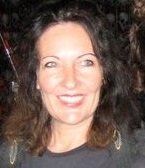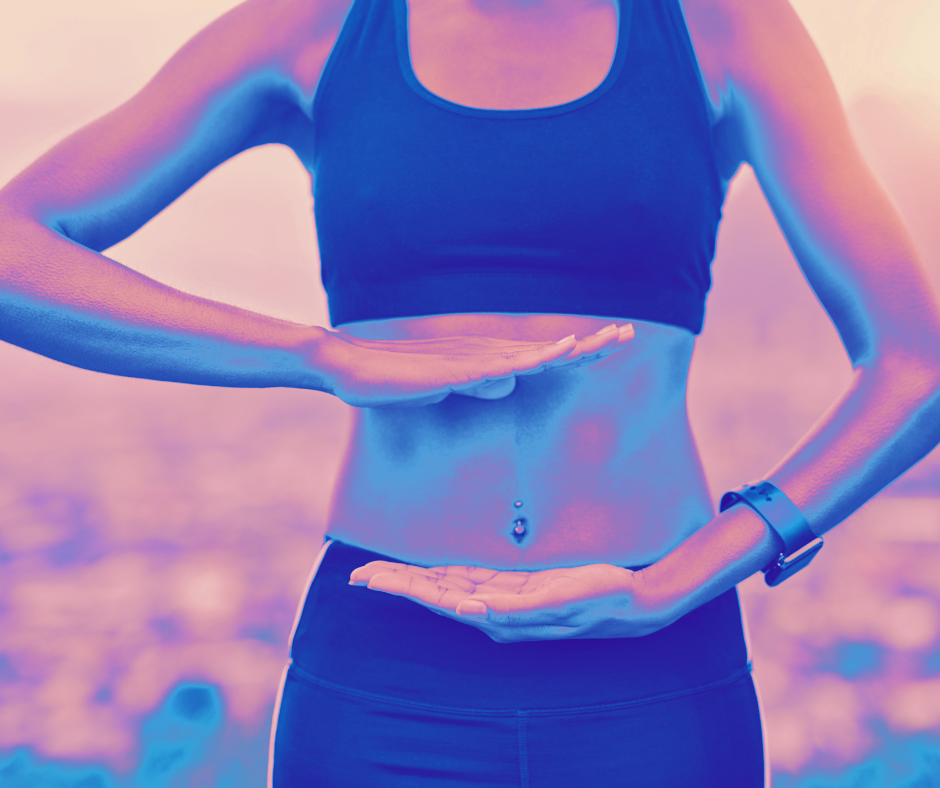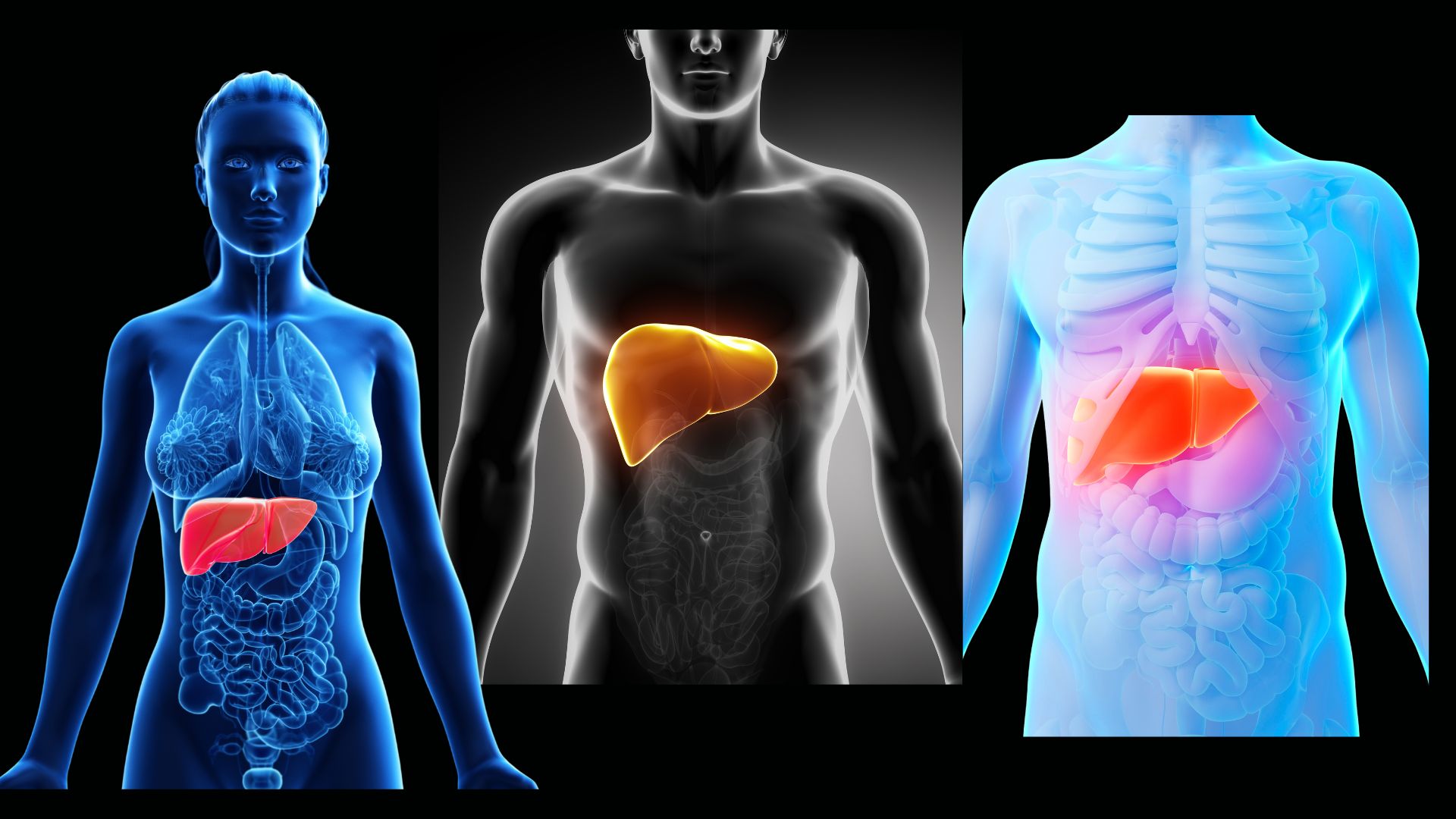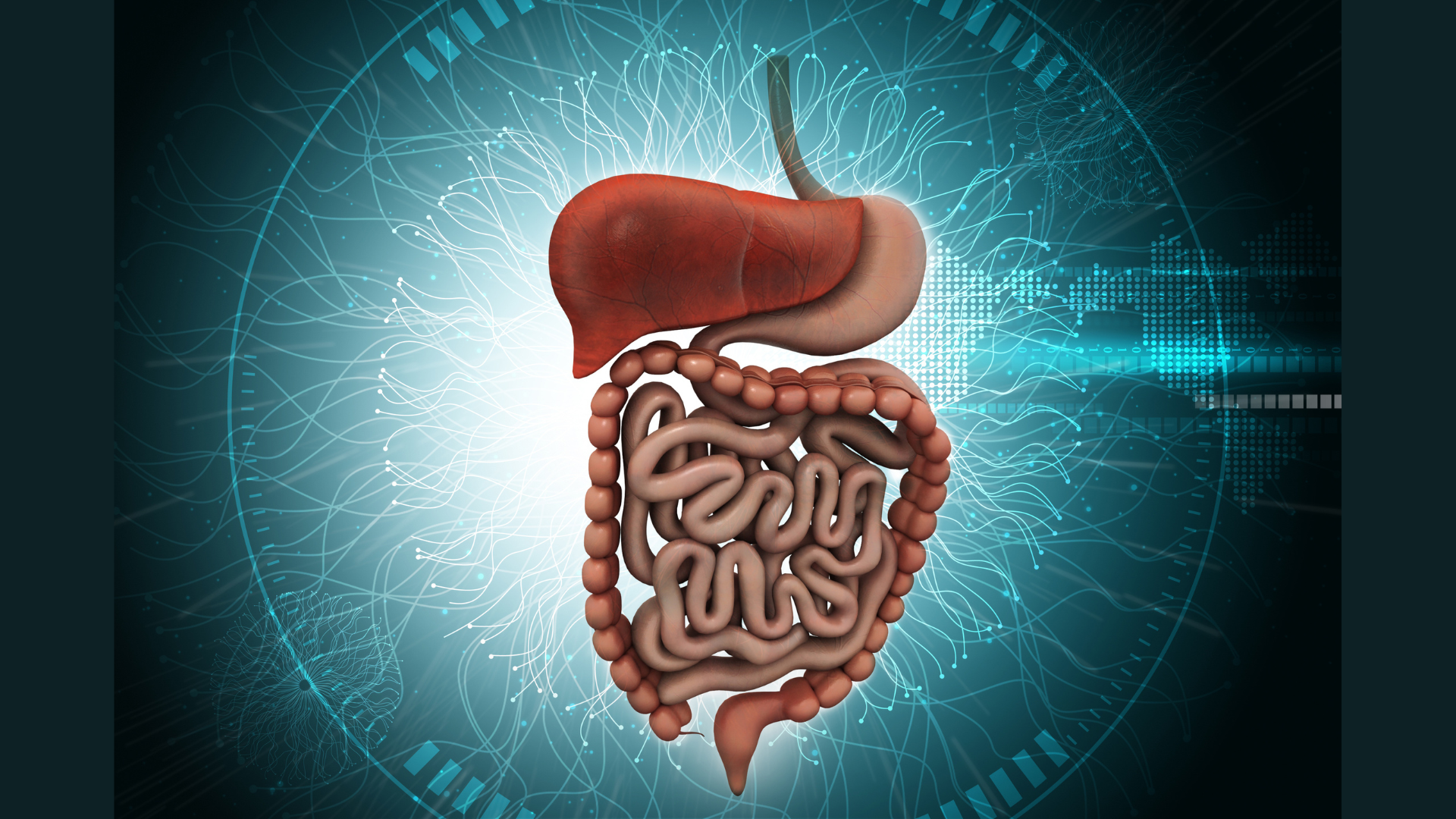6 Successful Weight Loss Tips - Page 2
The Problem - Real foods help you lose weight while detoxifying your body, but highly processed foods sabotage weight loss.
When we do not pay attention to our diet, we may consume many substances that get stored in fatty tissue, making it more difficult to lose weight while contributing to sluggish metabolism and low energy. On the other hand, the right foods will enhance your health, provide certain nutrients that help curb food cravings and enhance liver function to help your really burn fat.
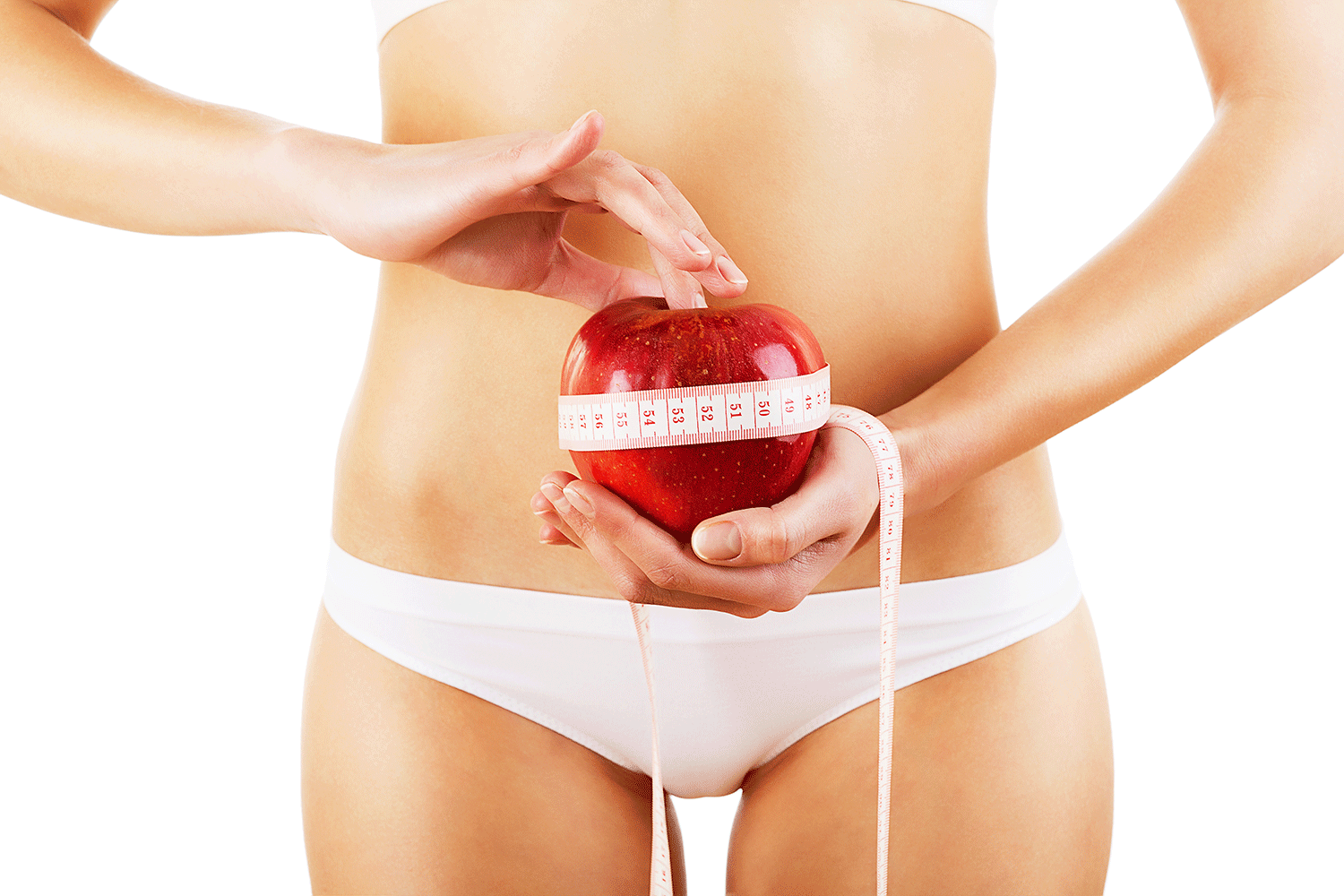
The Fix #4: Eat foods that are whole and mainly unprocessed, to help your body lose weight and detoxify. One way is to consume foods that contain chlorophyll, which is known to attract environmental toxins from bodily tissues. In fact, most green foods contain natural chlorophyll and are known to absorb toxins that can contribute to hormonal imbalance and weight gain. They also protect your DNA from the carcinogens of fried foods, provide an abundance of antioxidants and help control cravings, making them a food you don't want to miss out on. (3)
Incorporate various green vegetables in your daily diet to help you stay on track. Eating a variety of fresh fruits and vegetables ensures you get plenty of dietary fiber to help with further detoxification as well as provide a a variety of phytonutrients. Avoid foods that are not organic as much as possible; this includes grains and meats. And as stated above, focus on foods without labels
The Problem - Calories don't count, so don't count them.
Often we are told that in order to lose weight, you only need to consume less calories than you use during the day. This can be down right confusing as one diet expert may claim you should eat 1800 calories to lose weight then exercise some off, another says to consume 500 calories a day for fast weight loss, yet another may say for your size, eat 1200 calories and exercise to burn 500 which means that you've only eaten 700. Or - the number of calories you should eat to lose weight must be equivalent to the number of calories you eat now, divided by your weight plus age, and then add to the circumference of your head so as to judge how heavy your bones are and how much you really need... Just kidding.
But I'm sure you get the point of how confusing calorie counting can be, especially when we all have different body types therefore burn calories at different rates, and have different caloric requirements. As you can see, the big flaw here is that everyone's metabolism is different. There is truly no way of telling how many calories you actually burn.
In addition, counting calories does not work because calories are not evenly matched. Your body does not metabolize starches (breads, etc.) the way it metabolizes vegetables. Unhealthy fats make you fatter while good fats - at similar calories - help your body remove unhealthy fat.
The wrong foods choices can raise blood sugar and cause you to more easily store fat. On the other hand, healthy foods put you on the road to successful weight loss. They can help you to burn more calories than you consume, give you energy, help your body burn unhealthy fats and maintain lean muscle mass.
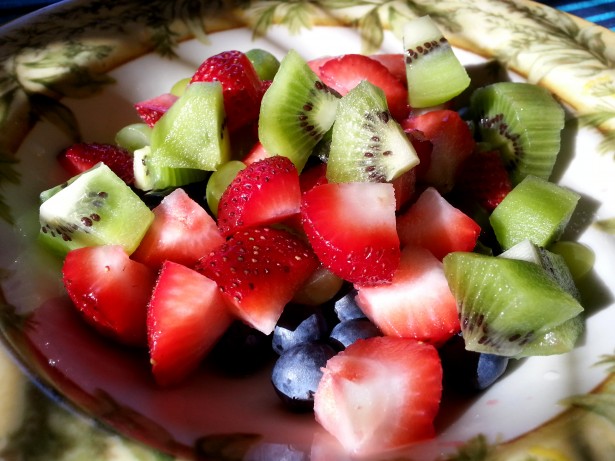
The Fix #5: Eat clean and lean and include foods that help burn fat. Clean eating means to avoid processed (or at least highly processed) foods that contain an abundance of hidden sugars, fats, salts, preservatives and other substances that can stop you from losing weight. Eating lean means no fatty foods like fried foods, sugary foods, high fat meats, and so on. Even grains can be clean and lean meaning leave aside grains with lots of additives (think boxed rice and pasta food “helpers”) and focus on whole, natural, unadulterated and organic grains. The less food ingredients a food has, the closer to clean and lean it is.
Enzymes in fresh, green salads and fruits aid digestion, which increases metabolism to burn fat, and if you eat organic, your food is about as clean as you can get. Nutrients in whole foods supply your liver with necessary nutrients to burn more fat, more efficiently. By choosing the right foods, you don't have to waste your time counting calories because they don't matter; nutrition matters.The more nutrition you consume, the more energy you will have, while junk will suck your energy leaving you tired and depleted. Watch what you are eating to see if it passes the test; will it add to your nutrient count or to your waistline?
The Problem - Exercise is imperative for healthy weight loss.
Dieting is difficult; willpower weakens, energy dips and lack of motivation can soon follow. This is especially true if you hit a plateau, in which you seem to do the right thing diet-wise, but no weight is leaving. If you try a starvation diet or use extreme caloric restrictions, you may be left feeling exhausted and still have too much body fat, even though you lost weight.
The Fix #6: Successful weight loss requires daily exercise. So, to make it easier for yourself, find activities you enjoy and can do. Some people do best working out at home with a motivational DVD that includes uplifting music. Some do better at the gym where variety rules; you can incorporate weight training, circuit training, or a step class then relax in a pool or sauna to recuperate tired muscles. Still others enjoy going outdoors. Hiking, biking or just walking are all healthy exercises that get you moving, get your blood circulating, and allow your body to absorb healthy sunshine, so important for not only creating Vitamin D, but to increase your happiness level or ward off depression.
Successful weight loss can be difficult, especially the plateaus. Learning the obstacles and how to overcome them is the first step in helping your body shed unwanted pounds. Stay on track, stay healthy and above all, remember to be kind to yourself.
Related Articles:

Weight Loss Cleanse - See why people use a cleanse when diets fail
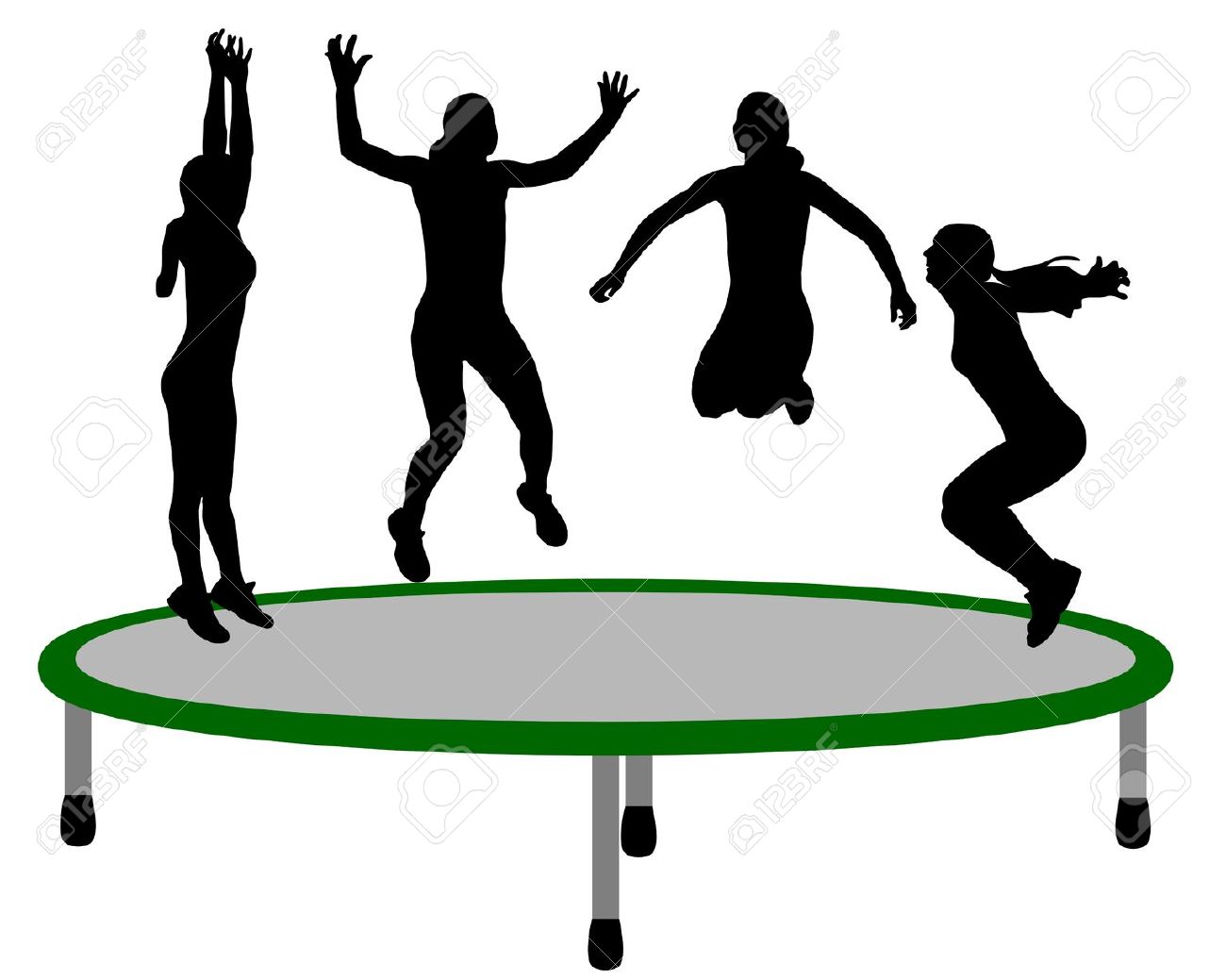
Rebounder Exercise - Hate exercise? Learn how to make it more fun and what rebounding can do for you.
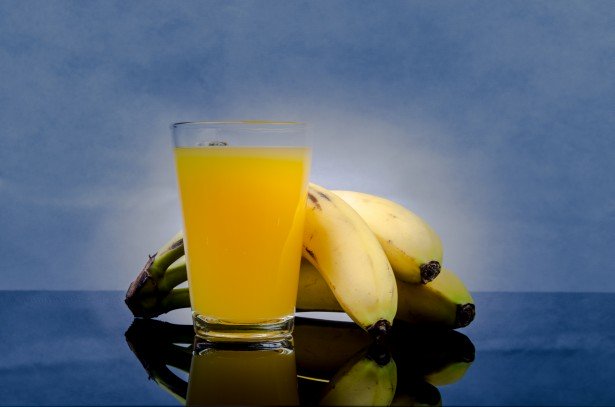
Detox Drinks - Help your body cleanse along with these amazingly powerful detox drinks.
Resources:
- Bagga, D., JM Ashely, SP Geffrey, HJ Wang, RJ Barnard, S. Korenman, and D. Heber. "Effects of a Very Low Fat, High Fiber Diet on Serum Hormones and Menstrual Function. Implications for Breast Cancer Prevention."Effects of a Very Low Fat, High Fiber Diet. National Institutes of Health, 15 Dec. 1995. Web. 25 Mar. 2015. )
- Divi RL, Chang HC, Doerge DR. "Anti-thyroid isoflavones from soybean: isolation, characterization, and mechanisms of action."Biochem Pharmacol. 1997 Nov 15;54(10):1087-96.
- Shaughnessy DT, Gangarosa LM, Schliebe B, Umbach DM, Xu Z, MacIntosh B, Knize MG, Matthews PP, Swank AE, Sandler RS, DeMarini DM, Taylor JA. Inhibition of fried meat-induced colorectal DNA damage and altered systemic genotoxicity in humans by crucifera, chlorophyllin, and yogurt. PLoS One. 2011 Apr 25;6(4):e18707. doi: 10.1371/journal.pone.0018707.
